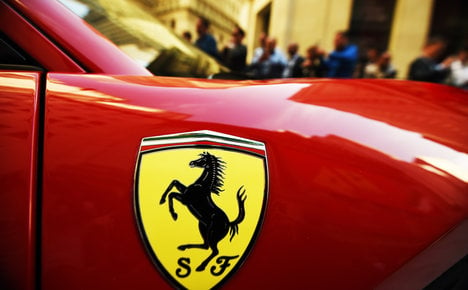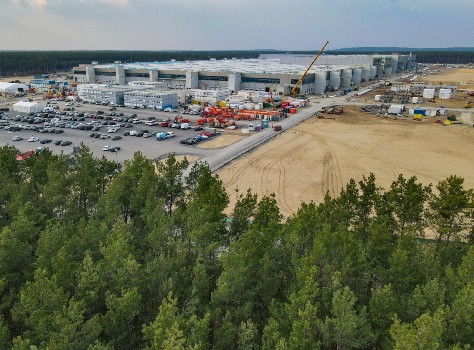“A record second quarter, on the way to another record year,” the luxury automaker said in a brief statement.
Net profit grew 29 percent in the three months to June to €97 million ($88.6 million) on sales of €811 million, up 5.9 percent.
The results beat forecasts by analysts who had been looking for net profit of €85 million euros and sales of €785 million, according to consensus data compiled by Factset.
Ferrari delivered 2,214 cars in the second quarter, up eight percent from the year-earlier period.
Unit sales to China alone rose by 26 percent, to 160.
Ferrari is now looking to sell more than 8,000 vehicles over the full year and to generate sales of more than three billion euros.
Ferrari shares, which had been trading lower in Milan ahead of the announcement, were up 1.7 percent at €41.17 in late afternoon, bucking a sharply weaker overall market trend.
CARS
Ferrari races towards record annual profit
Italian sportscar maker Ferrari said on Tuesday it was headed for a record net profit this year after posting its best-ever quarterly results.
Published: 2 August 2016 16:38 CEST

Italian carmaker Ferrari is set to rake in record profits this year. Photo: Jewel Samad/AFP
Url copied to clipboard!


 Please whitelist us to continue reading.
Please whitelist us to continue reading.